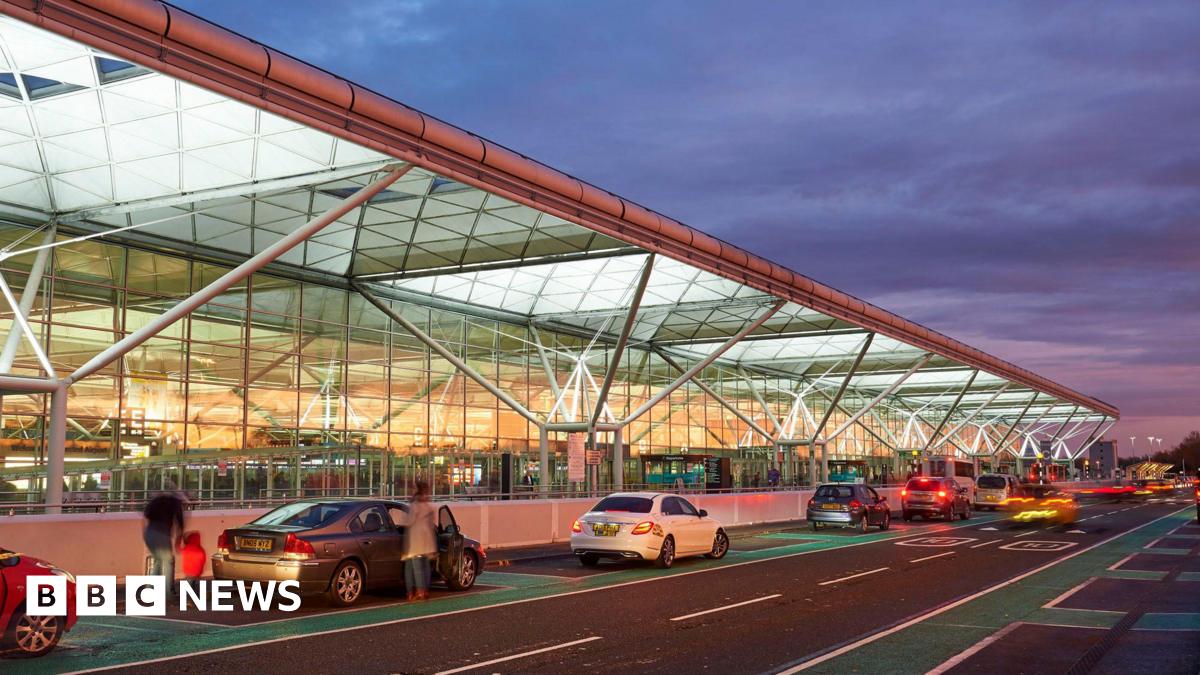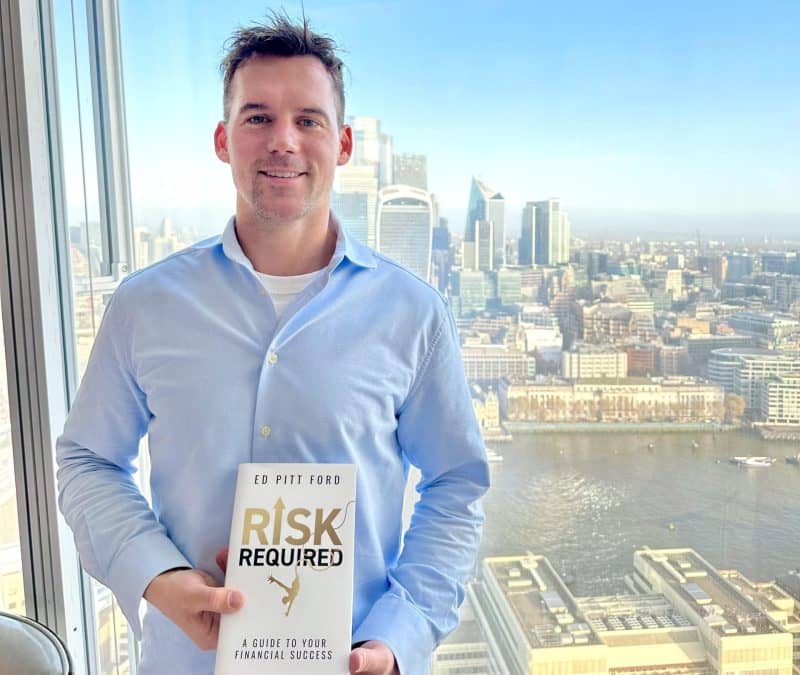Bussiness
Labour’s private school plans are misguided – London Business News | Londonlovesbusiness.com

Taxing private schools by applying 20% VAT on fees and making them fully liable for business rates, as proposed by Labour, seems like a straightforward way to redistribute wealth and fund state education.
But to my mind, there are several reasons why this is likely to be problematic for the party which looks likely to be the next government on July 5.
Firstly, implementing a 20% VAT on private school fees could inadvertently create a deeper divide between socio-economic classes.
Many families that send their children to private schools are not necessarily the super-rich but rather hard working, middle-income earners who make significant financial sacrifices for their children’s education.
These families might struggle to cope with a sudden increase in fees, potentially pushing them back into the state education system.
This influx could put additional pressure on already overstretched state schools, leading to larger class sizes and strained resources, ultimately affecting the quality of education for all students.
In addition to the potential overcrowding of state schools, the financial health of private schools could be jeopardised.
Smaller independent schools, which often operate on tighter budgets than their more prestigious counterparts, might struggle to stay afloat with the additional financial burden of VAT and full business rates. This could lead to closures of these schools, further exacerbating the problem of overburdened state schools and reducing educational choices for parents.
Critics of the proposal also argue that it could lead to a reduction in charitable contributions and bursaries provided by private schools.
But it’s often – and conveniently – overlooked that many independent schools offer scholarships and bursaries to students from less affluent backgrounds, thereby promoting social mobility.
The increased financial burden on these schools is likely to force them to cut back on these initiatives, harming students who rely on such opportunities to access high-quality education.
Another important consideration is the broader economic impact. The private school sector is a significant employer, providing jobs to teachers, administrative staff, and support personnel.
The financial strain imposed by VAT and business rates could lead to job losses, impacting local economies and communities. Additionally, private schools typically invest in their facilities and programs, contributing to the local economy through construction projects, local purchases, and more. The financial pressure from increased taxes is likely to stymie this economic activity.
Moreover, the proposed policy could undermine the principle of parental choice in education.
Many parents – including the trailblazing leftwinger Diane Abbot who sent her son to one of London’s high-end day private day schools – opt for private education because they believe it offers a better fit for their child’s needs, whether due to smaller class sizes, specific educational philosophies, or extracurricular opportunities.
Reducing the accessibility of private education through increased costs limits these choices, forcing parents to settle for what may be a less suitable educational environment for their child.
Proponents of the tax also argue that it will level the playing field and fund improvements in the state system.
But will the funds raised really be sufficient and appropriately managed to address the fundamental issues in state education?
Simply injecting more money into the state system without addressing underlying inefficiencies and structural problems may not lead to the desired improvements. There is a risk that the policy could become a short-term fix rather than a sustainable solution.
Finally, it is crucial to consider the principle of fairness. Taxing private education specifically targets a particular group of people who are already contributing significantly to public services through other taxes. This approach could be seen as punitive, creating resentment and division rather than promoting a more cohesive society.
To my mind, bashing private schools is misguided and lazy and could, ultimately, backfire on Labour which want to come across as a new, future-focused party which is happy for people to be aspirational.










